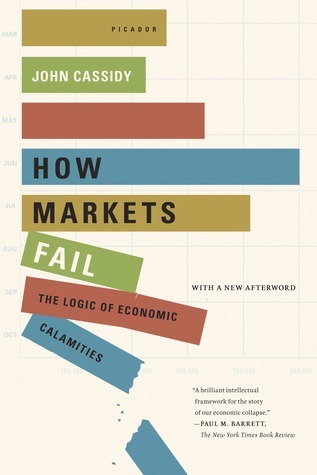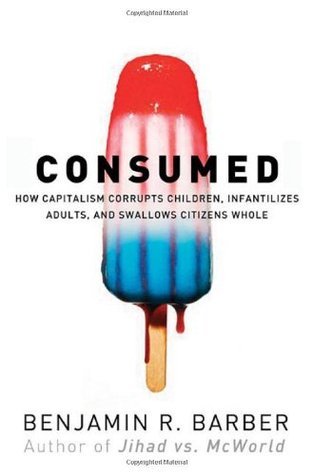
One Market Under God: Extreme Capitalism, Market Populism, and the End of Economic Democracy
Book Description
What happens when capitalism runs wild, stripping democracy of its very essence? In "One Market Under God," Thomas Frank unveils the shocking reality of extreme capitalism and its insidious grip on society. This gripping exploration examines how market populism seduces the masses while undermining the very foundations of economic democracy. With razor-sharp wit and eye-opening insight, Frank unveils a world where consumerism reigns supreme, and the promise of equality fades into a distant memory. Are we witnessing the birth of a new era, or are we doomed to repeat the mistakes of the past?
Quick Book Summary
In "One Market Under God," Thomas Frank delivers a sharp critique of the rise of market populism in late 20th-century American culture. He argues that extreme capitalism has not only dominated the economy but also embedded itself into the nation’s psyche, equating consumer choice with democratic freedom. Frank documents how corporations, pundits, and media figures popularized the idea that markets are inherently democratic, and criticism of business is characterized as elitist or anti-community. He contends that this ideology allows corporate interests to overshadow real democratic processes, resulting in increased inequality and a weakened social fabric. Through historical analysis and biting commentary, Frank exposes how unchecked capitalism corrodes both economic fairness and democratic values, warning that the worship of markets threatens to replace genuine civic participation with consumer identity.
Summary of Key Ideas
Table of Contents
The Myth of Market Populism
Thomas Frank explores how the notion of "market populism" emerged in America—the belief that the free market is the most democratic institution, more representative of public will than governmental systems. He traces the evolution of this idea through political discourse, the media, and advertising, showing how it reframed market mechanisms as more authentic and responsive than politics, diminishing the perceived value of traditional civic engagement.
Corporate Influence on Democracy
Frank then examines the growing influence of corporations on American democracy. He explains how business leaders and policymakers promoted the idea that the interests of the market coincide with the broader public good. By casting themselves as champions of consumers and economic freedom, corporations positioned opposition as outdated or even anti-democratic, thereby insulating themselves from criticism and regulation.
The Cultural Shift from Citizenship to Consumerism
Another critical focus is on the cultural transformation that equates citizenship with consumerism. Frank analyzes how marketing and media campaigns redefined political agency so that making purchases became seen as an act of democratic expression. This shift moves the site of individual power from the polling booth to the shopping mall, diluting the importance of collective action and public policy in favor of personal consumption choices.
Media and the Celebration of Markets
The book also dissects the role of mass media in glorifying markets and denigrating skepticism toward business. Financial news networks, advertising, and even popular culture began celebrating the figure of the bold investor or dot-com entrepreneur as a modern-day populist hero. This pervasive imagery reinforced the notion that the market, rather than representative governance, is the true voice of the people.
Consequences for Economic and Social Equality
Frank concludes by detailing the consequences of extreme capitalism and unchecked faith in markets: rising income inequality, eroded workplace rights, and a widening gap between economic power and democratic input. He warns that as economic democracy withers under the weight of market ideology, Americans risk losing the basis for genuine equality, participation, and accountability that form the core of democratic society.
Download This Summary
Get a free PDF of this summary instantly — no email required.





